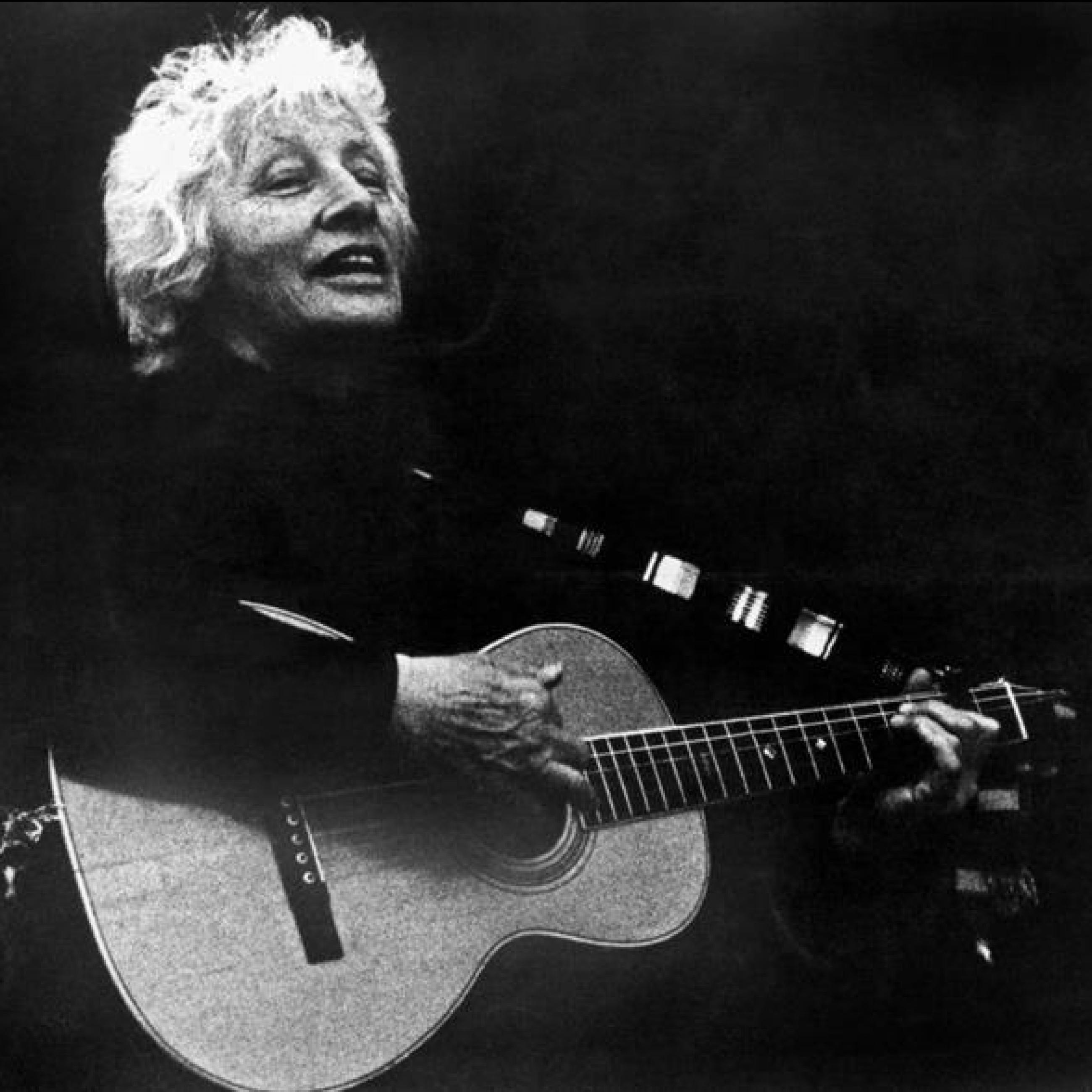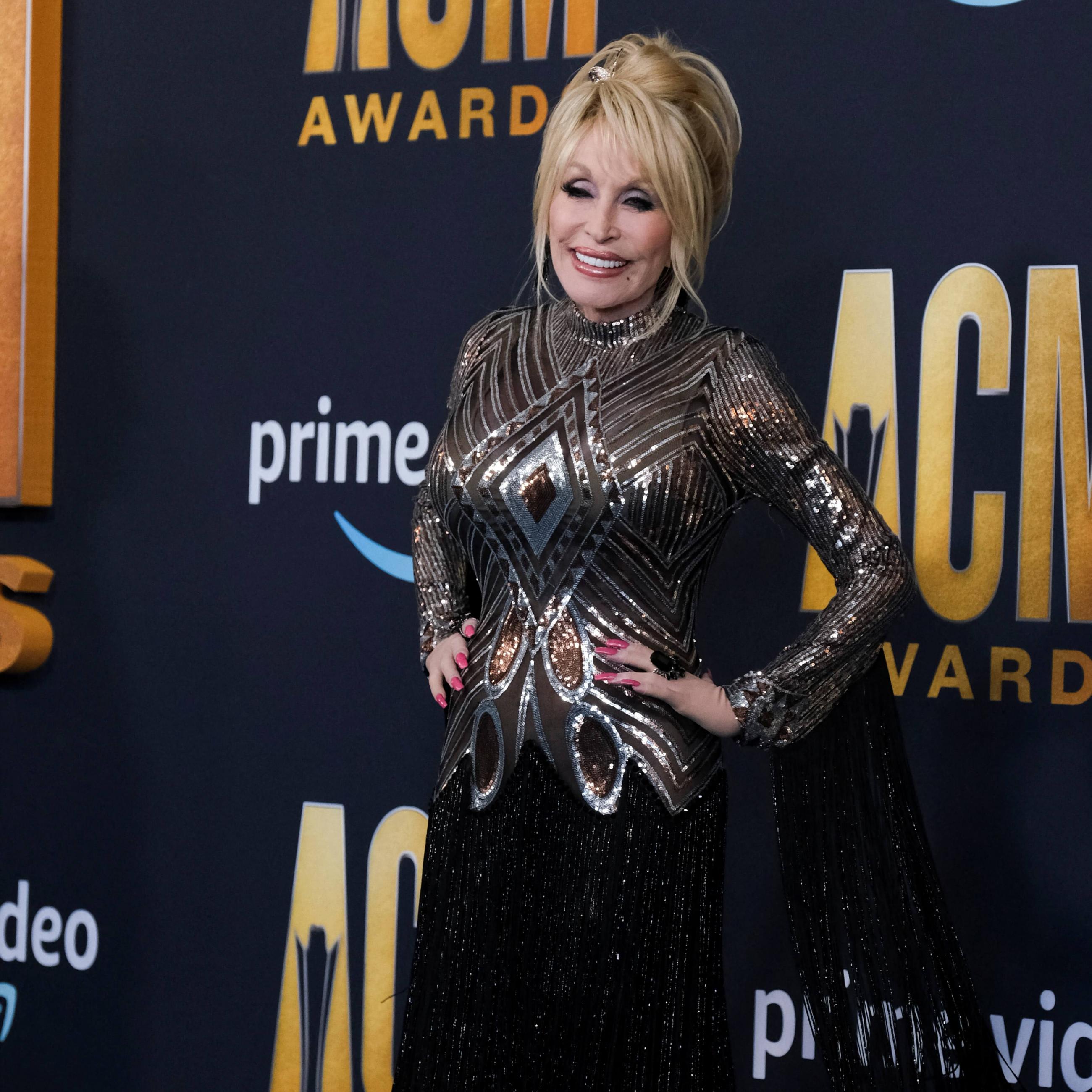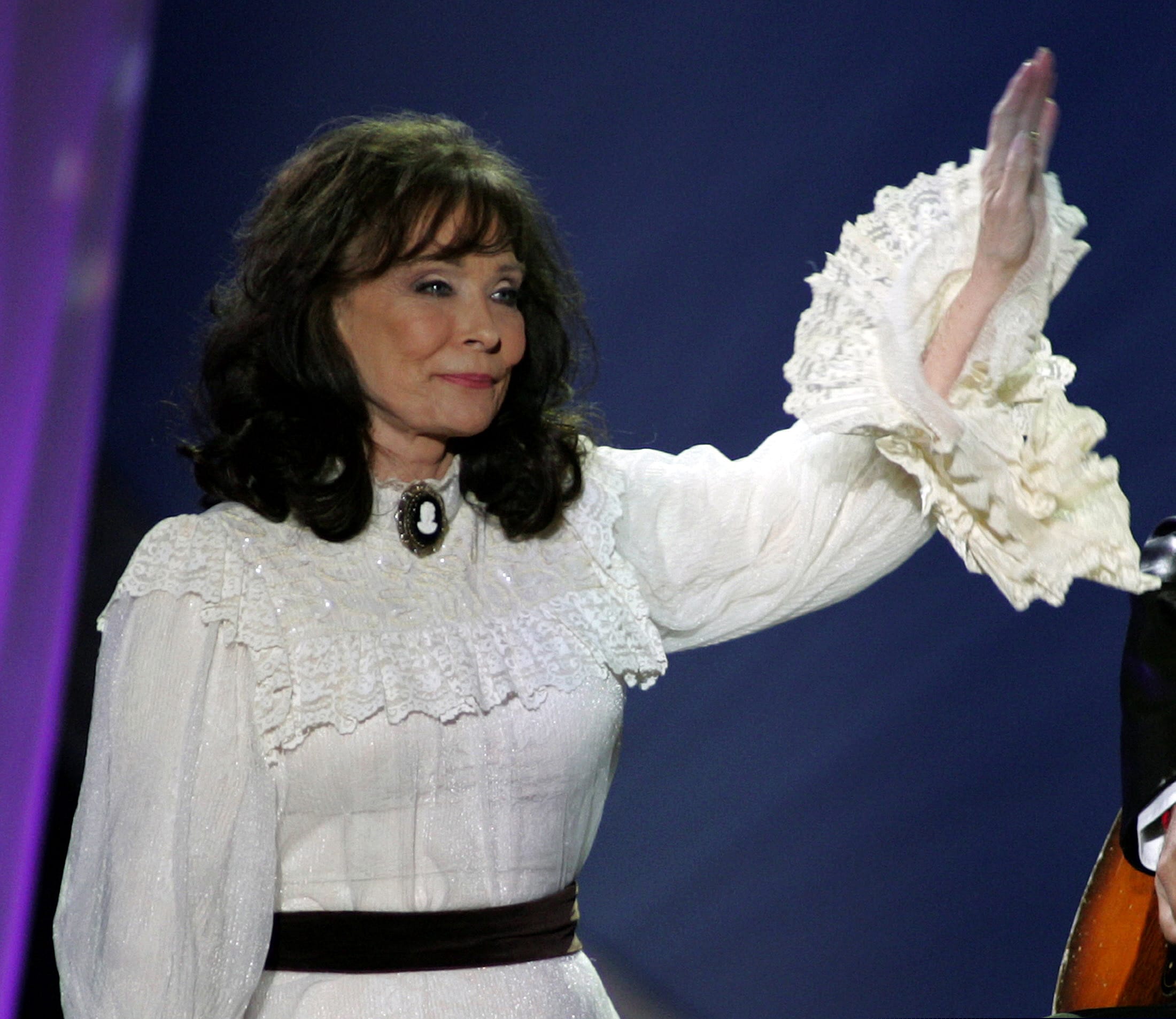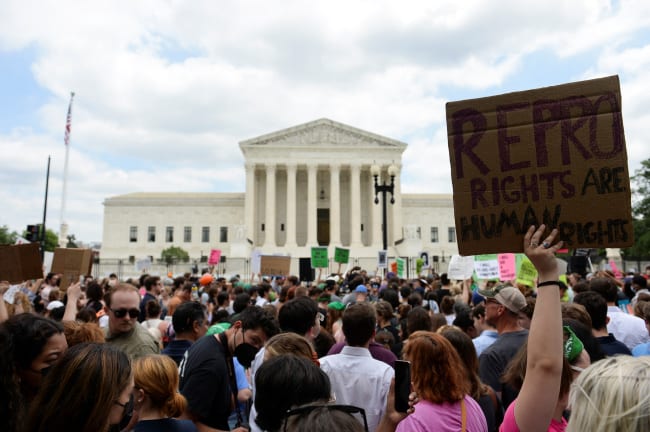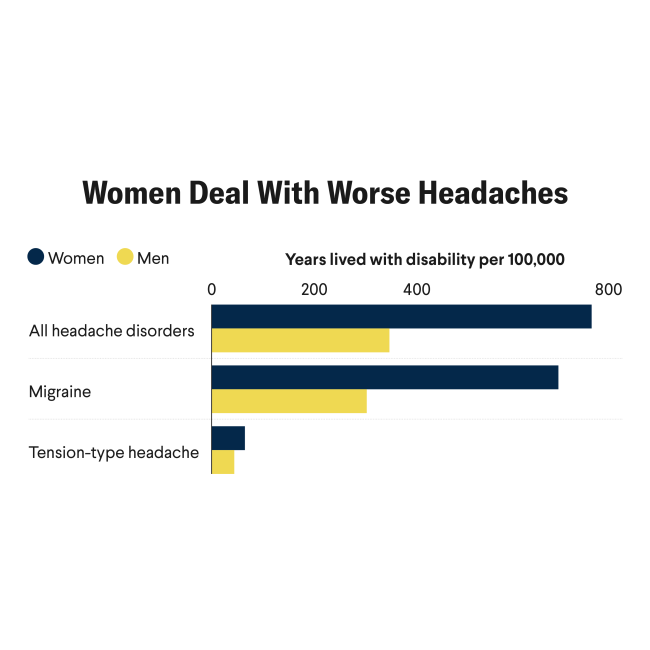Country music star Loretta Lynn died this week at age ninety. Born a coal miner's daughter in a rural Kentucky town, she rose to fame in the 1960s as an earnest, no-holds-barred female voice in the masculine country music scene. Her songs addressed then-taboo topics of birth control, virginity, and divorce in rural America, and several drew enough controversy to be taken off the radio.
Sixty years later, access to reproductive health care is again in doubt in many parts of rural America, the very towns and people about which Lynn so powerfully sang. In honor of Lynn, we compiled a slideshow showcasing country and folk songs that highlight women's reproductive rights and concerns.



